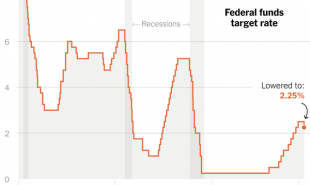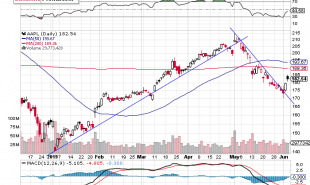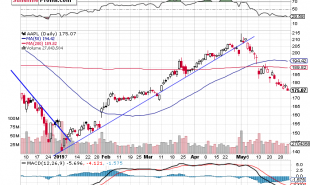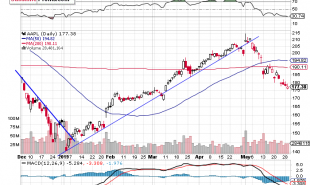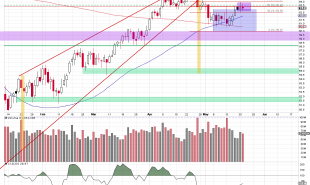
Meet Joanna Sawicka – an emerging Europe research analyst at U.S. Global Investors. Prior to joining our team in 2007, Joanna was part of Soros Fund Management in New York and JP Morgan in San Antonio. Since 2015, she has worked on the Investment team and currently is primarily responsible for analyzing companies in emerging European countries.
In this brief Q&A, I invite you to learn more about Joanna’s path to becoming an emerging Europe analyst and read what she sees on the horizon for this region as we head into year end.
What made you want to become an investment analyst?
I always knew that I wanted to pursue a career in finance. However, I didn’t know which section of the industry would suit me best until I visited the New York Stock Exchange (NYSE) for one of my classes at Baruch College. During this visit, we went to the floor of the exchange and toured a huge vault full of gold. Watching the trading and experiencing the atmosphere firsthand left a huge impression on me. It was after this trip that I moved steadily over to investments.
While working on my investment specialization in school, I especially enjoyed my simulation class. In it, we were given half a million dollars to grow. If I remember correctly, I invested in oil futures and bought Disney stock. I actually made a lot of money!
What was the most memorable trip you’ve taken for your job?
While I have traveled to many fascinating places, like the Warsaw Stock Exchange, to me, the most interesting trip was to the Wood & Company CEE Investor Days Conference in New York earlier this year. I was very surprised by how many people at the conference wanted to learn more about eastern Europe. The number of attendees speaking Polish also caught me off guard, though it makes sense since Wood & Company has a big presence in Poland.
You took a trip to Poland this summer. Did you notice any changes in the country since your last time there?
For the past three years, I have made an annual trip to Poland. Being there so frequently makes it a bit harder to see changes. Having said that, I did notice quite a bit of construction, in particular highway construction. Two years ago, when my flight landed in Warsaw, it took three or four hours to drive to my hometown, Bialystock, because the highway was not complete. This year, the drive only took two hours. There is still a lot of construction, especially on the east side, but the improvements are very apparent.
Many new businesses, small and large, began to appear starting 10 years ago, resulting in new construction projects like shopping centers. People are actually spending a lot of money. That is the most notable change to me in the last decade or so.
Poland was recently upgraded to a developed market by FTSE Russell. What is on the horizon for Poland? Do you believe its growth is sustainable?
The upgrade to a developed market is very positive for Poland. The next step would be updating the country on the MSCI Emerging Markets Index. 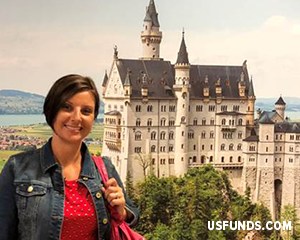 It’s my understanding that Poland is only missing one factor – gross domestic product (GDP) per capita. That isn’t quite strong enough yet. Once that happens, there will be more inflows into Polish equities.
It’s my understanding that Poland is only missing one factor – gross domestic product (GDP) per capita. That isn’t quite strong enough yet. Once that happens, there will be more inflows into Polish equities.
It is important to mention that Poland is very strong in central emerging Europe and has the largest stock markets. There are more than 350 stocks trading on the Warsaw Stock Exchange, compared to only a handful in other central emerging European markets. Most of the stocks in other geographically similar markets, like Hungary and the Czech Republic, are not very liquid. The large equity market in Poland makes it much more accessible for larger investors.
Additionally, Poland is growing at around 5 percent, has stable inflation, low unemployment and solid consumer spending. Given these facts, I believe Poland’s growth is sustainable.
Do you see growing nationalism as a risk?
In central emerging Europe, nationalism has always had a presence, such as the Law and Justice in Poland (PiS) and Fidesz in Hungary. However, this trend is not specific to the region. In fact, it has spread into Western Europe. A far right government came into power in Austria last year. The elections in Italy, Germany and Sweden saw similar movements. I do not currently believe this is a threat, but we will have to see how it develops.
The recent emerging market sell-off has captured a lot of headlines. What is your outlook on emerging markets for the rest of 2018?
Emerging markets peaked around mid-January this year and, since then, stocks are down about 20 percent. Emerging markets were suppressed by dramatic currency depreciation in Turkey and Argentina. At one point, we saw the lira drop about 25 percent in a couple days. Argentina experienced a huge drop as well, though the central bank of Argentina was a little more supportive with its rate hikes.
I think we are at a turning point now and emerging Europe will rebound. The Turkish bank just recently hiked rates by 625 basis points, which is very supportive of the lira. Additionally, when the price crosses above the 50-day moving average, we expect inflows. I noticed a cross in emerging markets and emerging Europe, so I think this uptrend will continue towards the end of the year.
With oil on the rise, Turkey looks even more vulnerable. Should investors be concerned?
Brent moving higher is certainly negative for Turkey, since it’s a major importer of crude oil, but a bigger concern is the weakening lira. Year-to-date, the lira has depreciated around 40 percent. So there is more to it than just higher oil prices, especially considering Turkey’s geopolitical situation.
U.S. sanctions are weighing heavily on Russia’s economy. What is Russia doing to counteract the slowdown?
U.S. sanctions have a significant impact, not only on Russia’s economy, but all of Europe’s growth, as these countries’ economies are interrelated. The latest set of sanctions was the most severe, disallowing American investors to own certain Russian equities which resulted in a sharp sell-off. There may be additional sanctions on the horizon, though no one is sure yet.
In the interim, Russia is taking measures to protect its economy. For example, the government is essentially supporting the ruble by hiking rates and discontinuing weekly forex buying. In March, Vladimir Putin won another presidential term and announced infrastructure reform, which may be supportive for the economy.
Russia is also trying to develop a better relationship with Asia. There is discussion about potentially building a pipeline through North Korea since the situation there has improved somewhat. Acquiring new “friends” could be positive for the Russian economy.
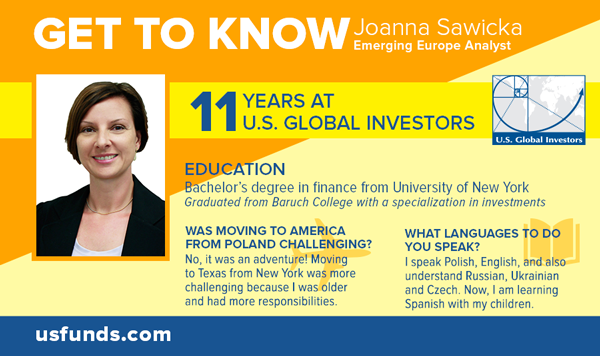
Want to learn more about emerging Europe? Subscribe to the award-winning Investor Alert newsletter for a weekly recap of the biggest market-moving events.
-------------------------------------------------------------
All opinions expressed and data provided are subject to change without notice. Some of these opinions may not be appropriate to every investor.
A basis point, or bp, is a common unit of measure for interest rates and other percentages in finance. One basis point is equal to 1/100th of 1%, or 0.01% (0.0001).
The MSCI Emerging Markets Index is a free float-adjusted market capitalization index that is designed to measure equity market performance in the global emerging markets.
Gross domestic product (GDP) is the monetary value of all the finished goods and services produced within a country's borders in a specific time period, though GDP is usually calculated on an annual basis. It includes all of private and public consumption, government outlays, investments and exports less imports that occur within a defined territory.
None of the U.S. Global Investors funds held any of the securities mentioned in this article as of 6/30/18.
U.S. Global Investors, Inc. is an investment adviser registered with the Securities and Exchange Commission ("SEC"). This does not mean that we are sponsored, recommended, or approved by the SEC, or that our abilities or qualifications in any respect have been passed upon by the SEC or any officer of the SEC.
This commentary should not be considered a solicitation or offering of any investment product.
Certain materials in this commentary may contain dated information. The information provided was current at the time of publication.
Read more by Frank Holmes


